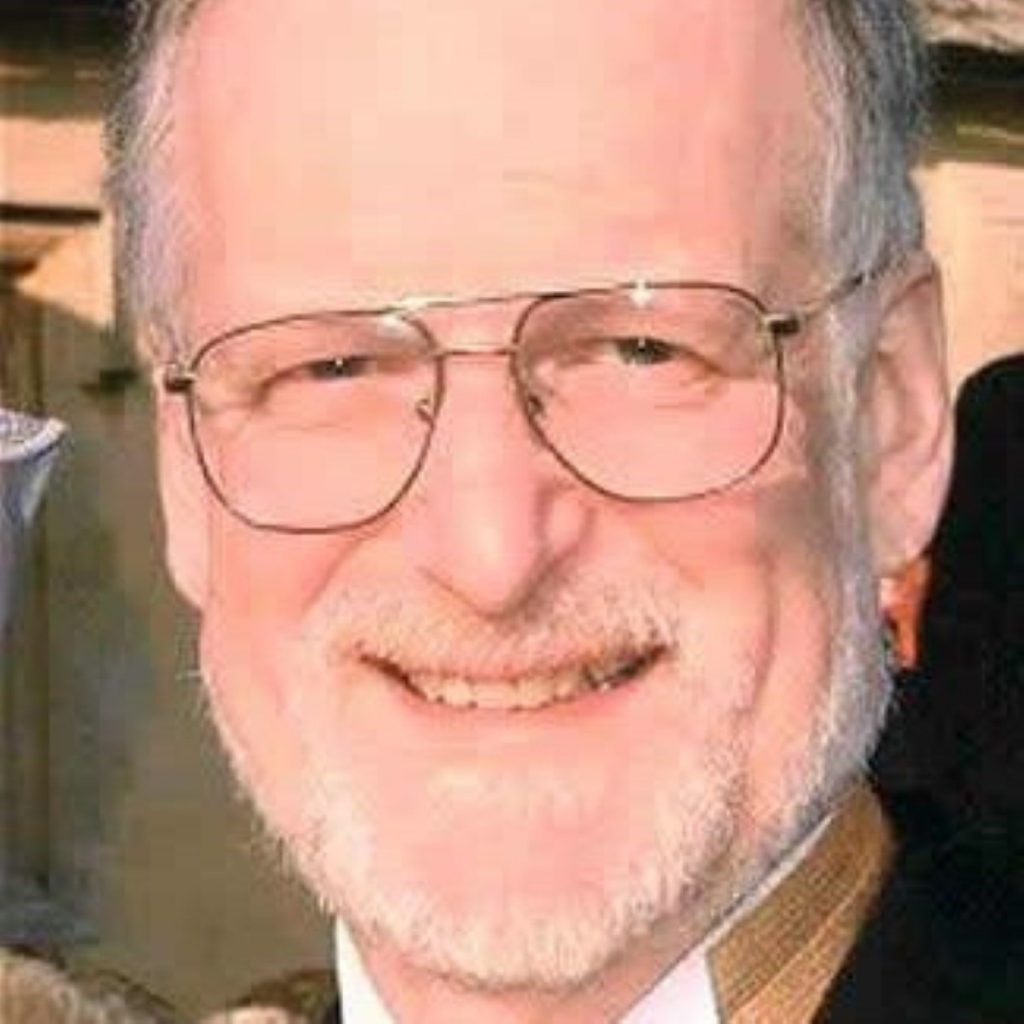Psychiatrist argues it is “nigh well certain” Kelly killed himself
A psychiatrist has told the Hutton Inquiry that, given Dr David Kelly’s personality and the situation he had been subjected to, it is virtually certain that he committed suicide.
Although it is widely believed that the MoD weapons expert killed himself on July 17, it has not been forensically confirmed.
Professor Keith Hawton, director of the Centre for Suicide Research at Oxford University’s department of psychiatry, declared this afternoon “Taking all the evidence together, it is well nigh certain that he committed suicide.”
Along with injuries to the wrists that are consistent with suicide, Dr Kelly’s body was found to contain 30 tablets of the painkiller coproxomol.


Commenting on Dr Kelly’s psychological state after he was revealed to be the source of the BBC’s story claiming that the Iraq weapons of mass destruction dossier had been “sexed up” and subjected to the full public gaze, Professor Hawton suggested that the scientist would have found the situation “extremely painful”.
The suggestions of recent witnesses to the Hutton Inquiry – including members of Dr Kelly’s family – seem to reinforce the case for a suicide explanation to the man’s death.
Although many witnesses admitted that Dr Kelly had seemed normal and determined to get back into Iraq immediately before his death, those closest to him detected depression and despair.
Yesterday, Dr Kelly’s widow told the court how he had been “heartbroken” when he was exposed, and his daughter Rachel related that he had betrayed signs of “humiliation”.
However, one of the ambulance paramedics who attended to Dr Kelly’s body pointed out that he had been surprised at the lack of blood.
If the scientist had indeed died of an “arterial bleed”, Dave Bartlett suggested, more blood around the body would have been expected.











